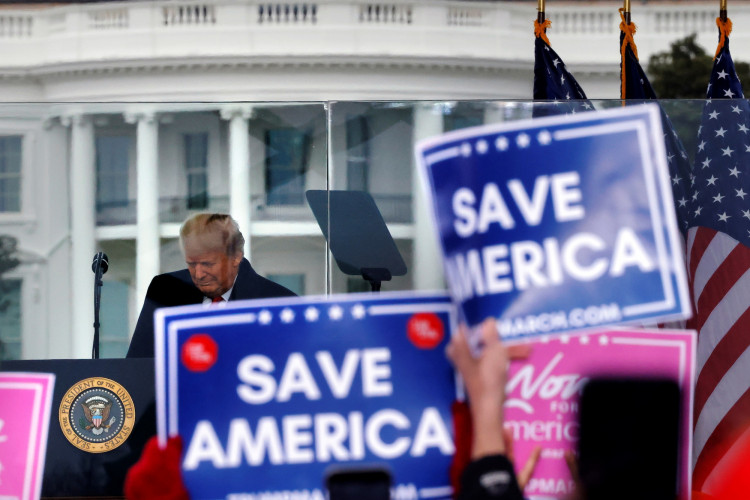Wall Street business leaders, including those who previously opposed Donald Trump, are flocking to embrace his "Trump 2.0" vision, eager for tax cuts and deregulation. The change in sentiment follows Trump's election win, with financial executives shifting their attention to the potential benefits of the policies Trump is expected to pursue during his second term.
Since Election Day, Gary Cohn's phone has been ringing non-stop. The former Goldman Sachs president and economic advisor to Trump's first term has become a central figure on Wall Street as Trump begins to assemble his new cabinet. Cohn is expected to play a key role as an informal intermediary between Wall Street and the White House, offering insights into the president-elect's policy directions and key cabinet appointments.
Sources reveal that, compared to 2016, this year has seen more business leaders expressing interest in roles such as deputy secretary and assistant secretary within the White House. Howard Lutnick, CEO of Cantor Fitzgerald, has emerged as one of Trump's "headhunters," reaching out to key figures, such as Apollo Global Management's CEO, to assist in the selection of top administration positions.
Wall Street executives, regardless of their past stance on Trump, are increasingly aligning themselves with his administration. Many have expressed support for the president-elect, with some seeking information on policy developments, others hoping for positions within the White House, and some willing to donate funds to Trump's upcoming inauguration.
U.S. stock investors have also shown strong enthusiasm for the "Trump trade." This week, major U.S. stock indices hit new highs, reflecting Wall Street's expectations of tax cuts, regulatory rollbacks, and economic expansion under the new administration.
Shifting from Opposition to Support
Among the more prominent figures in finance, Tesla CEO Elon Musk and hedge fund manager Scott Bessent have been vocal supporters of Trump's campaign. Meanwhile, several top financiers had already aligned themselves with Trump before the election results were even confirmed, eager to avoid the consequences of opposing the president, who is known for punishing those who offend or betray him.
Though many financial leaders had chosen sides early, some figures such as Paul Singer of Elliott Management and Stephen Schwarzman of Blackstone hesitated for much of the election season on whether to support Trump.
After much deliberation, Singer shifted his stance and donated $5 million to Trump's Super PAC. Singer had previously supported Senator Marco Rubio, and his partner had raised funds for former South Carolina Governor Nikki Haley. Another top dealmaker, who typically supports Democrats, may have been disappointed by the election outcome, but his corporate clients were enthusiastic about Trump's proposed low corporate tax rates.
Now, some of those who had been hesitant or contributed little to Trump's campaign are generously offering their support and funds for the upcoming presidential inauguration.
Executives on Wall Street have revealed that their shift toward supporting Trump is driven not only by professional reasons, such as tax cuts and deregulation, but also by the Democratic Party's positions on social issues, such as transgender rights, which have pushed them to lean toward the right. This shift is particularly evident with investor Bill Ackman, who has transitioned from being a Democratic supporter to a firm backer of Trump.
Major U.S. banks are also preparing to reap the benefits of deregulation, as bank CEOs have lobbied for years for such reforms. JPMorgan Chase CEO Jamie Dimon and Goldman Sachs CEO David Solomon have publicly congratulated Trump on his victory, both expressing optimism about how the new administration's policies will positively affect the banking sector.
While Wall Street executives are eagerly awaiting tax cuts and regulatory relief, their support for Trump is not without concerns. Some worry that Trump's policies could reignite inflation and cause an economic slowdown. There are also worries about the potential for extreme policies, particularly on tariffs, which could harm international trade.






